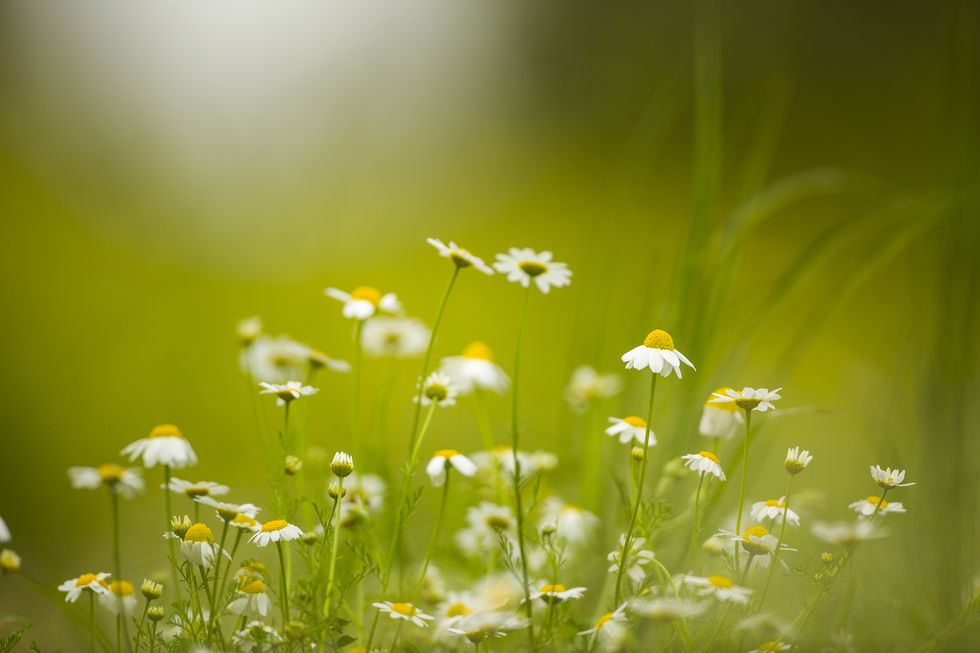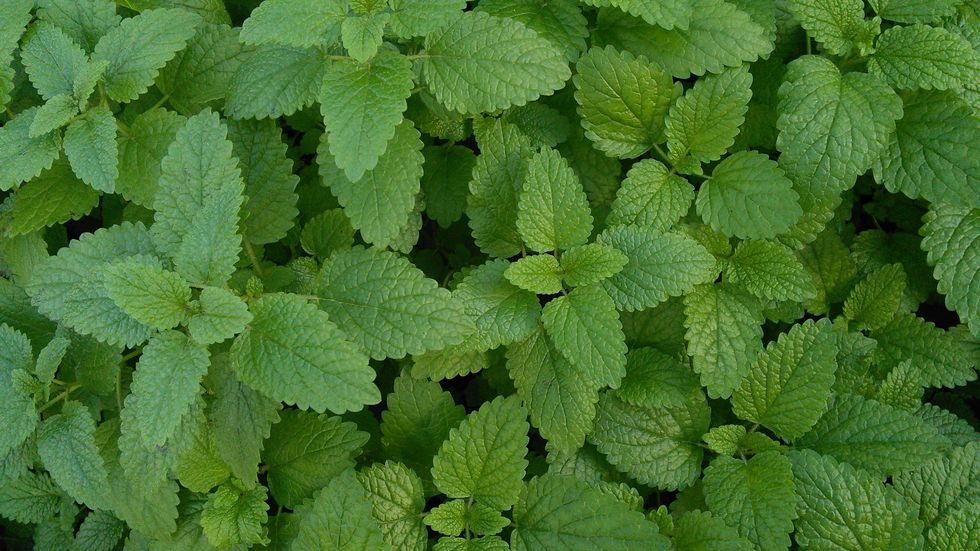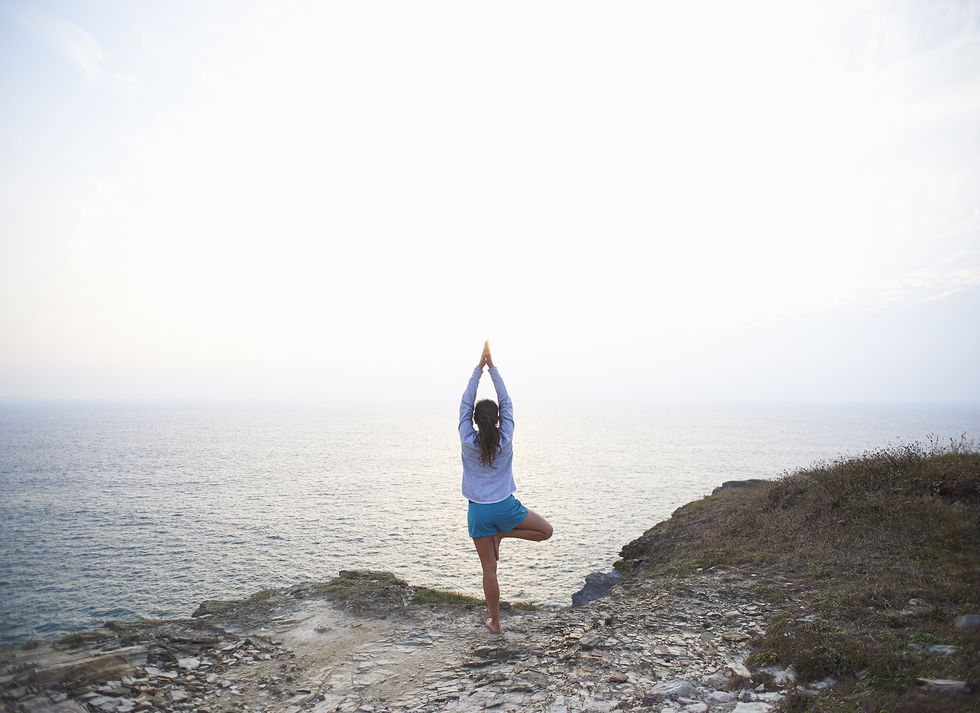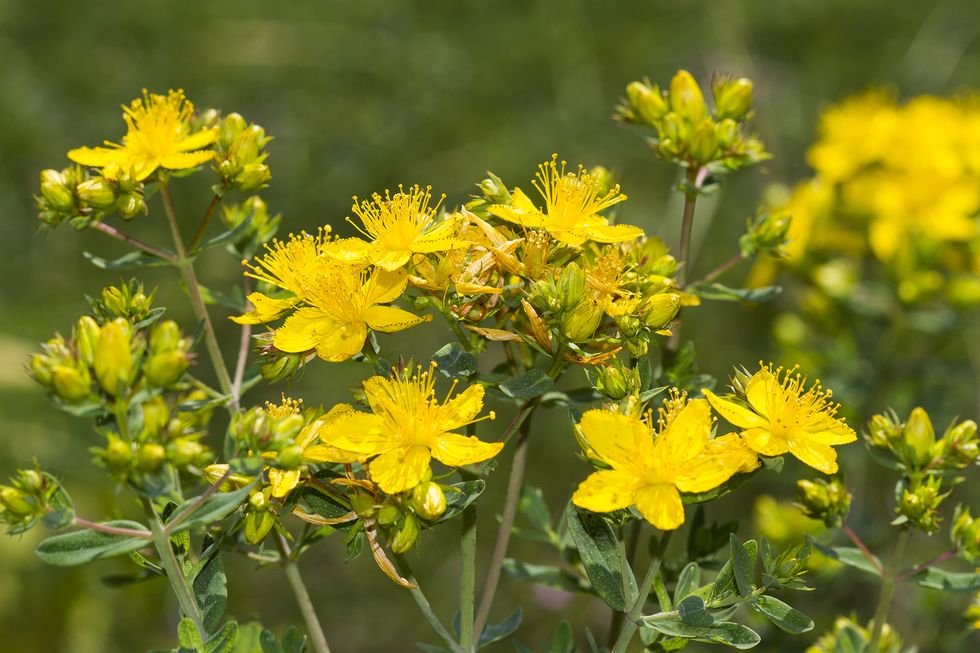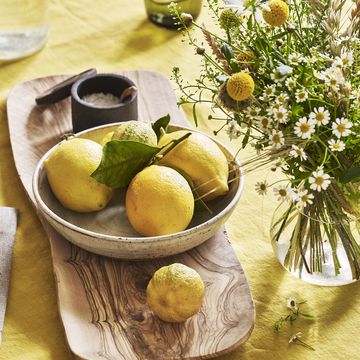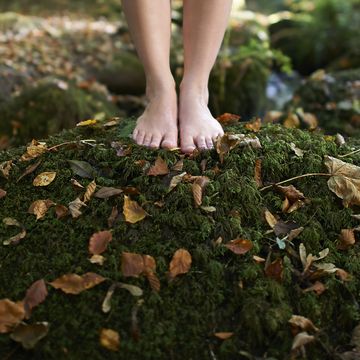Anxiety is more common than we realise. As stated on the Anxiety UK website, the most recent Psychiatric Morbidity Survey highlighted that three million people in the UK have an anxiety disorder.
It is a mental health condition that, however ferocious in its impact, can affect anyone of any age, living any lifestyle.
Fortunately, to ease both the mental and physical symptoms of anxiety, there are some easy, natural remedies which can be used to combat mild to moderate cases...
1. Lavender
Not only does lavender smell divine, its scent alone can actually calm nerves and reduce tension. Essential oil also helps to induce sleep so try putting a few drops on your pillow. Alternatively you could strain and drink as tea with a little honey for sweetness. Try lavender essential oil, from Healing Solutions.
2. Mindfulness
Mindfulness is about paying attention to the present moment rather than worrying about the future or dwelling on the past. It's a technique many people have attributed to helping cope with anxiety and depression.
For more information on mindfulness, visit the NHS advice pages.
3. Cognitive Behavioural Therapy
Similarly to mindfulness, this talking therapy changes the way you think to make you better equipped to deal with a flurry of anxiety the next time it come around. It's all about retraining the brain to be able to break the cycle of unhelpful thoughts and feelings and, in turn, ease physical symptoms.
For more information on CBT, visit the NHS advice pages.
4. Chamomile
For centuries, chamomile has been used as a remedy for illness, including stomach trouble, colds and fevers. Now it's most frequently consumed in tea form and is well known for its relaxing properties and calming effect.
5. Natural sunlight
Getting outside to enjoy some early morning sunlight could set you up for a much happier day. A lack of exposure to daylight during cold winter months can cause Seasonal Affective Disorder. To rebalance this, try getting outside whenever you can; try using your lunch break to go for a long walk.
6. Lemon balm
This zesty scented herb is actually part of the mint family and is said to promote a feeling of calm. Oil is pressed form the flowers and used in aromatherapy. Like lavender and chamomile, lemon balm is also said to encourage restful sleep and is also a powerful antioxidant. Try lemon balm essential oil from Solaris.
7. Valerian
For insomnia, anxiety and even high blood pressure, valerian root is said to be a super herb. It is frequently used to help treat sleep disorders and often combined with other herbs such as lemon balm to sooth nerves and help promote restful sleep.
8. Exercise
Exercise abounds with physical and mental health benefits and GPs have been known to prescribe good old-fashioned exercise as a way to combat mild to moderate anxiety. Just going for a 20-minute jog can significantly reduce stress and anxiety levels and enhance cognitive function, but if you can't face jogging, even walking will help ease your anxiety. Incorporating exercise into your daily routine can help keep anxiety at bay for good.
9. Breathing slowly
When we are anxious, our breath often becomes more shallow and rapid. Breathing slowly and deeply has a relaxing effect and will calm nerves.
10. A hot bath
A warm soak after a long day can be incredibly therapeutic, and so can anything we associate with switching off and relaxing properly. Take the time to really wind down. You might also find that you're able to sleep better after a long bath. If you really need to calm down, try adding a few drops of essential oil – like chamomile, lemon balm or lavender.
11. Yoga
Yoga can be transformative for someone suffering from anxiety. The combination of power poses with slow, controlled breathing should lower your heart rate and leave you feeling calmer and more able to cope.
12. Music
Great music has the ability to enhance and even alter your mood, playing an upbeat song you associate with a happy time can help you to feel more positive. Singing is also a known stress reliever, so even if you're not feeling up to it, start belting out your favourite power ballad and you're bound to feel a little better.
13. Talk
A problem shared is a problem halved, so don't suffer alone. You'll be amazed at how cleansing a chat with a friend or family member over a nice cup of chamomile tea can be.
14. St John's wort
This herbal medicine is readily available in most health food shops and is regularly used to treat mental health issues like mild depression and anxiety.
If you are at all concerned about the mental wellbeing of yourself or a loved one, consult your GP.


